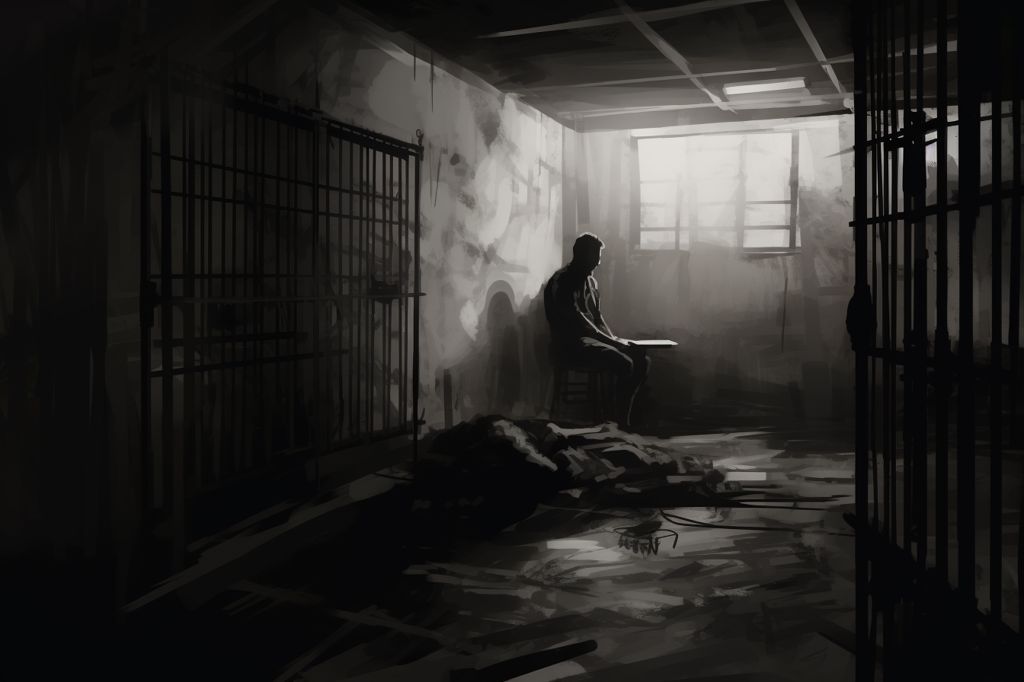South African films are set to make a remarkable presence at the prestigious Toronto International Film Festival (TIFF), which will showcase two productions supported by the Department of Trade, Industry and Competition (the dtic). The 48th annual event is scheduled to run from September 8th to 17th, 2023.
“The Death of a Whistleblower”
The festival will premiere “The Death of a Whistleblower”, a captivating drama produced by Tshepiso Chikapa Phiri and Ian Gabriel. The film features a talented cast, including Noxolo Dlamini, Irshaad Ally, Kathleen Stephens, and Deon Coetzee. With a runtime of two hours, “The Death of a Whistleblower” delves into the stark reality of corruption in South Africa and shares an insightful narrative that resonates with global audiences.
Directed by Ian Gabriel, known for his work on “Four Corners,” and co-written with accomplished playwright Louis Viljoen and Marius Scholtz, “The Death of a Whistleblower” not only engages viewers but also sparks conversations about critical societal issues. The film’s production received financial support from the dtic’s South African Black Filmmakers Programme with an incentive amount of R14 million and a qualifying spend of R29 million, further promoting local procurement and collaboration.
“The Umbrella Men”
The second feature, a comedy crime drama series called “The Umbrella Men,” is directed by John Barker and written by Barker and Phillip Roberts. Starring popular South African actors such as Sivuyile Ngesi, Shamilla Miller, and Kagiso Lediga, “The Umbrella Men” is the second drama series to be screened at TIFF, following the success of its predecessor, “The Umbrella Men 1.”
Supported by the South African Film and Television incentive of R9 million and a South African spend of R24 million, “The Umbrella Men” showcases a unique blend of humor and action that reflects the diversity and creativity of the South African filmmaking industry. The series is scheduled for screening on ETV, offering a broader audience the opportunity to enjoy this entertaining production.
The vital role of dtic
The participation of these films at the Toronto International Film Festival highlights the exceptional talent and innovative storytelling of the South African film industry, and emphasizes the vital role of dtic in supporting and promoting local filmmakers. The department’s commitment to nurturing the growth of South African cinema is evident through the financial support they provide, fostering collaboration and procuring resources from local companies, particularly those with black South African ownership.
Global influence and potential
As the world converges in Toronto, the festival provides an invaluable platform for South African filmmakers to showcase their craft, engage with international audiences, and forge partnerships that could further strengthen the country’s film industry. The participation of South African productions at TIFF serves as a testament to the growing influence and potential of South African cinema on the global stage.








